Promoter and Promoter Group
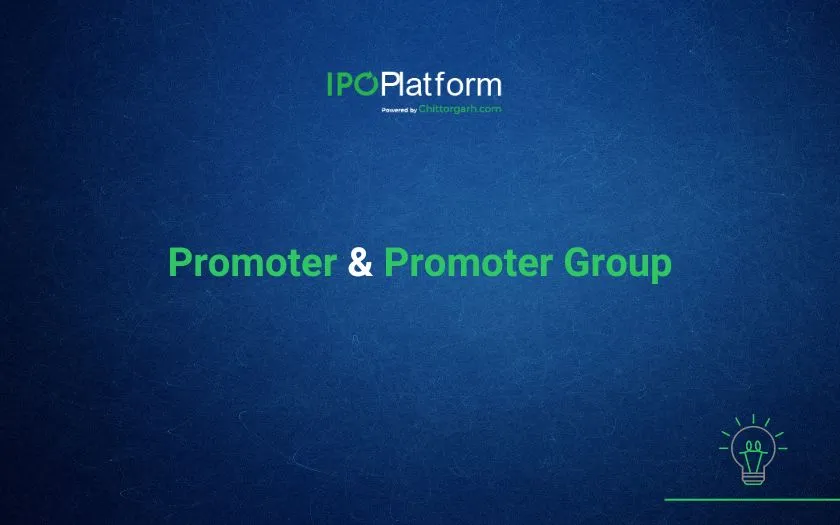
Introduction
In a Draft Red Herring Prospectus (DRHP), details about promoters and the promoter’s group are key information to be disclosed as per SEBI (ICDR) Regulation, 2018. This information reveals who controls or influences the company and allows investors to assess the leadership’s credibility, track record, and accountability are the key factors what attracts investors to a company.
Merchant bankers in India play a crucial role in this process to present this information effectively in DRHP. Clarity on information about the promoter’s background ensures regulatory compliance and boosts investor confidence. Additionally, promoter and promoter group information significantly impact the success and valuation for SME IPO.
Who is a Promoter?
According to the SEBI (ICDR) Regulation, Promoter means a person who satisfies either of the following
- who has been named as promoter in draft offer document (DRHP) or offer document (RHP) or is identified by the Issuer in the annual report in section 92 of companies act 2013
- who controls the affairs of the company directly or indirectly as a shareholder, director, or otherwise.
- In accordance with whose advice directors of Issuer are accustomed to act.
However, it should be noted that it does not apply to someone acting in a professional capacity. Additionally, entities like financial institutions, banks, foreign portfolio investors (excluding individuals, corporates, and family offices), mutual funds, venture capital funds, alternative investment funds, foreign venture capital investors, and insurance companies are not considered promoters simply because they hold 20% or more of the issuer’s equity, unless they meet other specified requirements.
Who is the Promoter Group?
According to SEBI (ICDR) Regulations, Promoter Group includes;
- Promoters,
- An immediate relative of promoter (relative include spouse, child, brother, sister or any parent of the person or of the spouse),
- In case promoter is a body corporate;
- Subsidiary or holding company of that body corporate
- Any Body corporate where the promoter holds 20% or more of the equity, or any Body corporate that holds 20% or more of the promoter's equity.
- In case promoter is individual
- Any corporation where 20% or more of the equity is held by the promoter, their immediate family, or a firm or Hindu Undivided Family with such members.
- Any corporation where a body corporate, as described above, holds 20% or more of the equity.
- Any Hindu Undivided Family or firm where the promoter and their relatives collectively hold 20% or more of the total capital.
- All individuals whose shares are aggregated under the heading "shareholding of the promoter group"
However, it should be noted that the financial institutions, scheduled banks, foreign portfolio investors (excluding individuals and corporate bodies), mutual funds, venture capital funds, alternative investment funds, foreign venture capital investors, and insurance companies registered with the IRDAI, or any other categories specified by the Board, are not considered part of the promoter group solely because they hold 20% or more of the promoter's equity.
Further, these financial institutions, scheduled banks, foreign portfolio investors (excluding individuals, corporate bodies, and family offices), mutual funds, venture capital funds, alternative investment funds, foreign venture capital investors, and IRDAI-registered insurance companies will be considered part of the promoter group for any subsidiaries or companies they promote or for mutual funds they sponsor.
What role does IPO Advisors play in successful IPO?
IPO Advisors play an important role in successful launch of an IPO. Their advisory role from IPO readiness, selecting the best merchant banker in India for SME IPO, various due diligence activities and IPO valuation guides the company throughout the IPO Issue and listing process. IPO platform in India provides information on upcoming IPOs on NSE Emerge and BSE SME and list of merchant bankers and anchor investors. Role of IPO advisor is important in the success of the listings.
Conclusion
In the context of an Initial Public Offering (IPO), understanding the roles of promoters and their group is essential for companies wishing to list shares on the NSE or BSE platforms. The Draft Red Herring Prospectus (DRHP) mandates the disclosure of this information, providing insight into who controls or influences the company. This transparency is crucial for investors looking for projects to fund in India, as it helps them assess the credibility and governance of the leadership.
Detailed information aids these investors in making informed decisions during the pre-IPO procedure, ultimately affecting the success and valuation of the IPO. Understanding these dynamics is key to evaluating the overall stability and growth potential of the company.


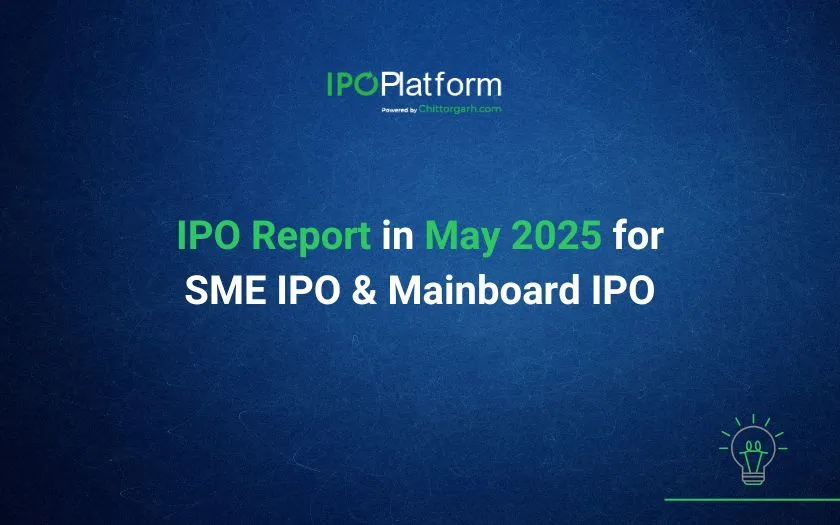
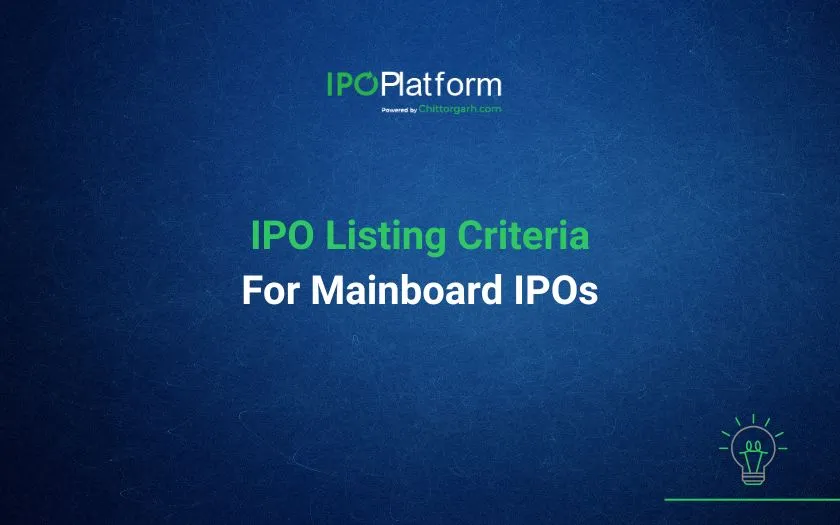
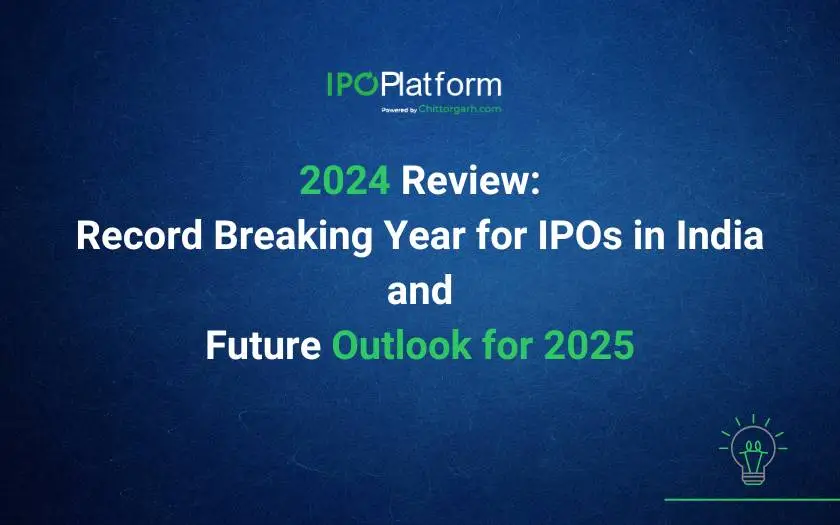
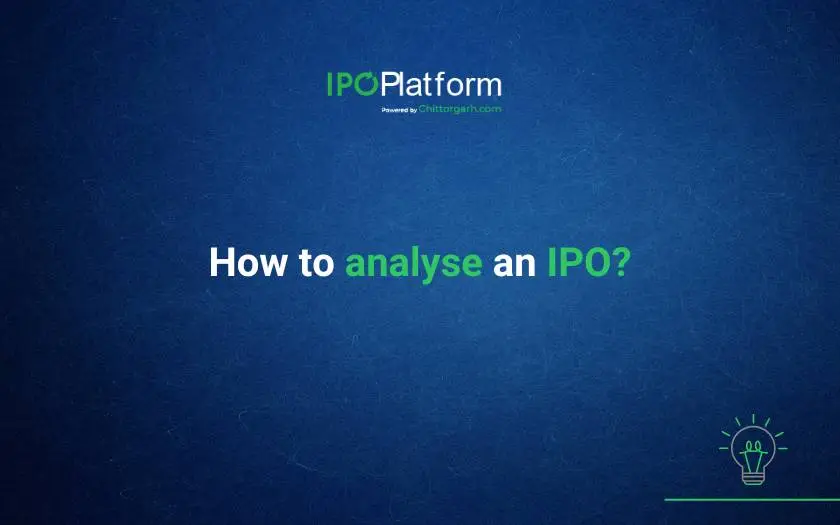
0 Comments